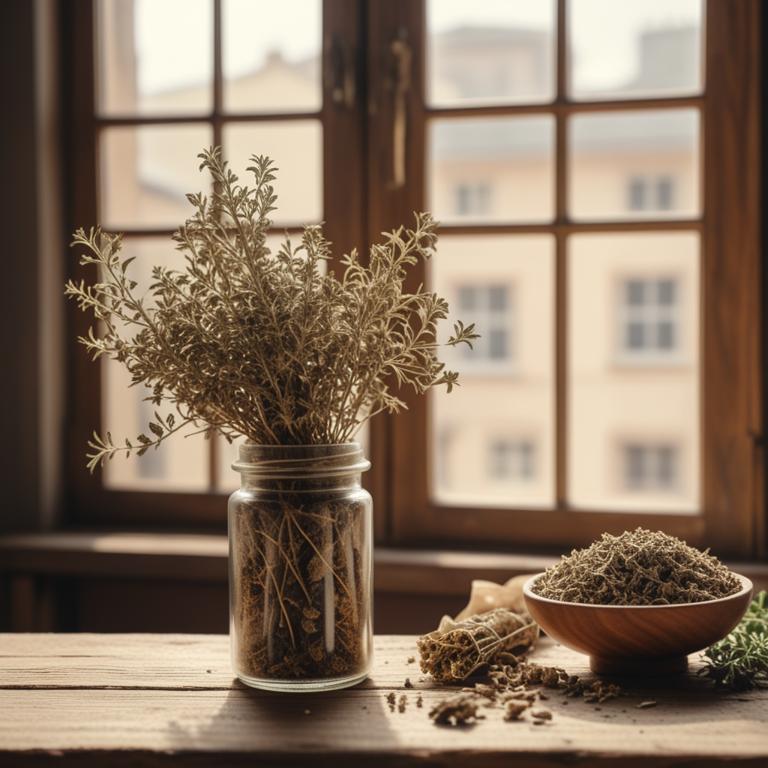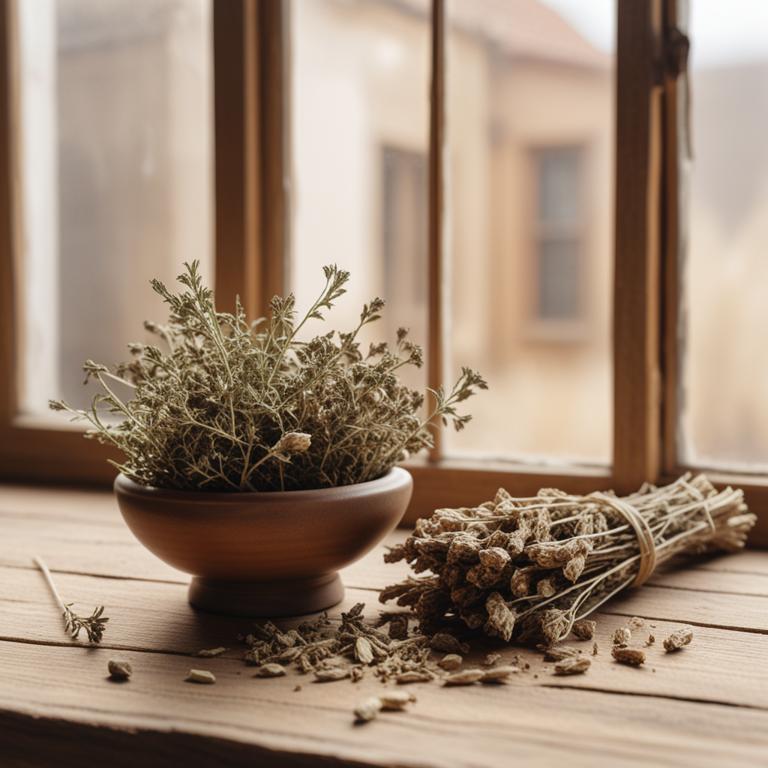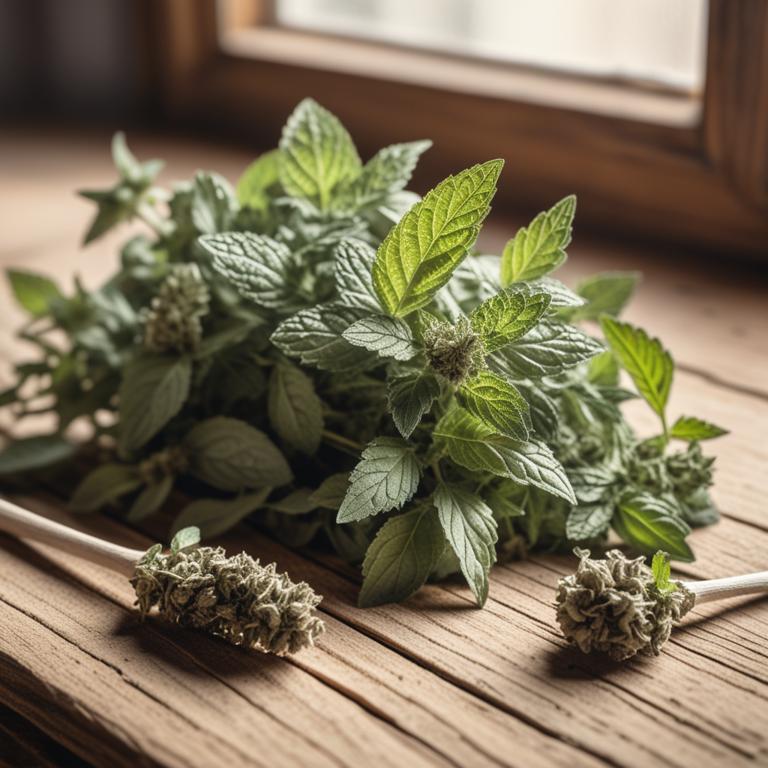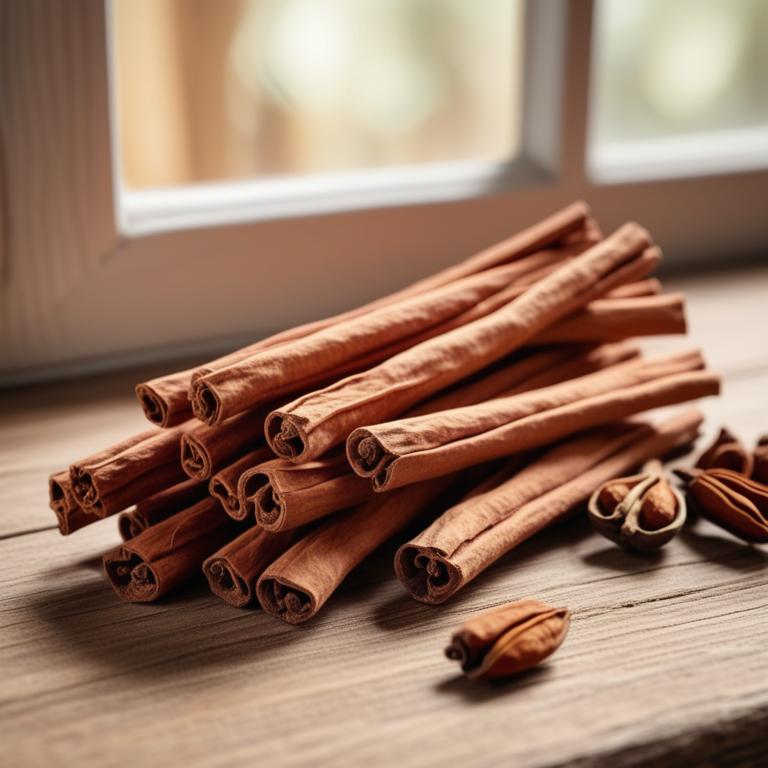Updated: Dec 1, 2024
Jaundice Causes and Natural Herbal Treatments Explained
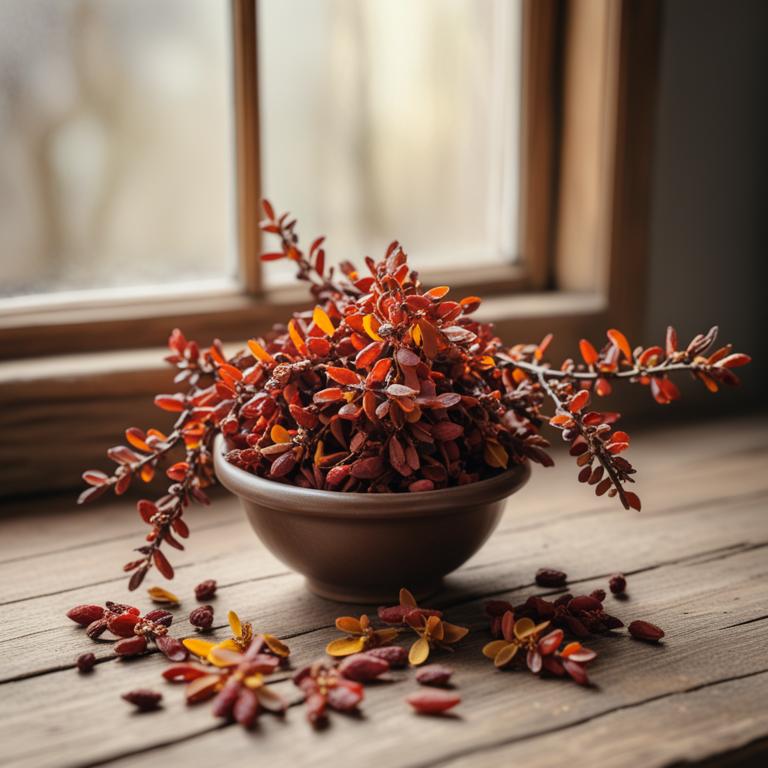
Jaundice is a condition where the skin and eyes turn yellow due to a buildup of bilirubin in the blood.
This can be uncomfortable and even painful, and it can also cause fatigue, nausea, and loss of appetite. If left untreated, jaundice can lead to serious health problems. Jaundice is often caused by liver or gallbladder problems, but it can also be caused by infections, certain medications, or even a genetic disorder. When it comes to treating jaundice with herbal remedies, some effective options include herbs like milk thistle, dandelion root, and turmeric.
These herbs have anti-inflammatory and antioxidant properties that can help soothe the liver and reduce bilirubin levels. You can make tea from dried milk thistle flowers or dandelion root, or take turmeric capsules. You can also try drinking a tea made from a combination of these herbs, or add them to your meals as a spice or seasoning. Some people also use herbal infusions like chamomile or peppermint to help calm the body and reduce symptoms.
However, it's essential to talk to a healthcare professional before trying any herbal remedies, especially if you're already taking medications or have a severe case of jaundice.
Table of Contents
What triggers the occurrence of jaundice?
The main causes of jaundice are infections and diseases that affect the liver.
One of the main causes is Hepatitis A, a highly contagious liver disease caused by the Hepatitis A virus. It's usually spread through contaminated food and water, or by close contact with an infected person. People who travel to areas with poor sanitation or eat undercooked food are at higher risk of getting Hepatitis A. Another common cause of jaundice is Hepatitis B, a viral infection that attacks the liver. It's spread through bodily fluids like blood, semen, and saliva, often through sex, sharing needles, or from mother to child during birth.
If left untreated, Hepatitis B can lead to liver failure or liver cancer. Hepatitis C is another viral infection that causes jaundice, and it's spread through blood contact, usually through sharing needles or medical equipment. Unlike Hepatitis B, Hepatitis C is not spread through sex, but it can be passed from mother to child during birth. Hepatitis C can also lead to liver failure or liver cancer if left untreated. Hepatitis D is a rare viral infection that only infects people who already have Hepatitis B.
It's spread through bodily fluids like blood, semen, and saliva, and it can lead to severe liver damage if left untreated.
What benefits can be gained from using herbs to cure jaundice?
When it comes to treating jaundice, using herbs can be a great option.
These natural remedies can help alleviate symptoms and promote overall health. One of the main benefits of using herbs is that they can help reduce bilirubin levels in the blood, which is a key factor in jaundice. They can also help soothe the digestive system and reduce inflammation, which can help ease symptoms like nausea and vomiting.
Additionally, herbs can help support liver function, which is essential for removing waste and toxins from the body. Some herbs may also help boost the immune system, reducing the risk of infections, which can be a concern for people with jaundice. Furthermore, using herbs can be a gentle and non-invasive approach to treatment, making them a popular choice for many people.
By incorporating herbs into their treatment plan, people with jaundice may find that their symptoms improve and their overall health is enhanced.
What are the key medicinal herbs used to cure jaundice?
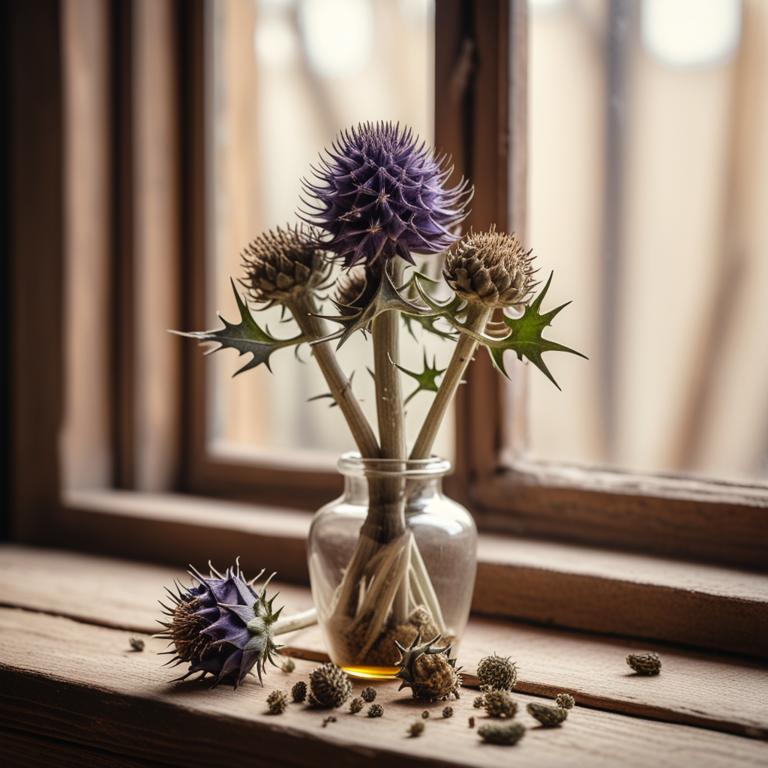
When it comes to treating jaundice, certain herbs have been found to be helpful in reducing its symptoms.
One of these herbs is Silybum marianum, also known as milk thistle, which contains a compound called silymarin. Silymarin helps protect the liver cells from damage and promotes their growth, which can aid in the clearance of bilirubin, a key factor in jaundice. Curcuma longa, or turmeric, is another herb that may help alleviate jaundice symptoms. Curcumin, a compound found in turmeric, has potent antioxidant properties that can reduce inflammation in the liver and promote its function. This can lead to a decrease in bilirubin levels and an improvement in jaundice symptoms. Dandelion root, or Taraxacum officinale, has also been used to treat jaundice for centuries.
The root of the dandelion plant contains compounds that can stimulate the liver to produce bile, which helps to break down bilirubin and reduce its levels in the blood. Artichoke, or Cynara scolymus, is another herb that has been found to be beneficial in treating jaundice. The leaves of the artichoke plant contain compounds that can stimulate the liver to produce bile and improve its function, which can lead to a decrease in bilirubin levels. Licorice root, or Glycyrrhiza glabra, has been used in traditional medicine to treat liver problems, including jaundice. The compounds found in licorice root have anti-inflammatory properties that can help reduce liver inflammation and promote its function, which can lead to a decrease in bilirubin levels and an improvement in jaundice symptoms. These herbs may help reduce jaundice symptoms by promoting liver function, reducing inflammation, and stimulating the production of bile. However, it's essential to note that while these herbs may be beneficial, they should not be used as a replacement for medical treatment.
Consult with a healthcare professional before using any herbal remedies to treat jaundice.
What are the most frequently used herbal preparations for managing jaundice?
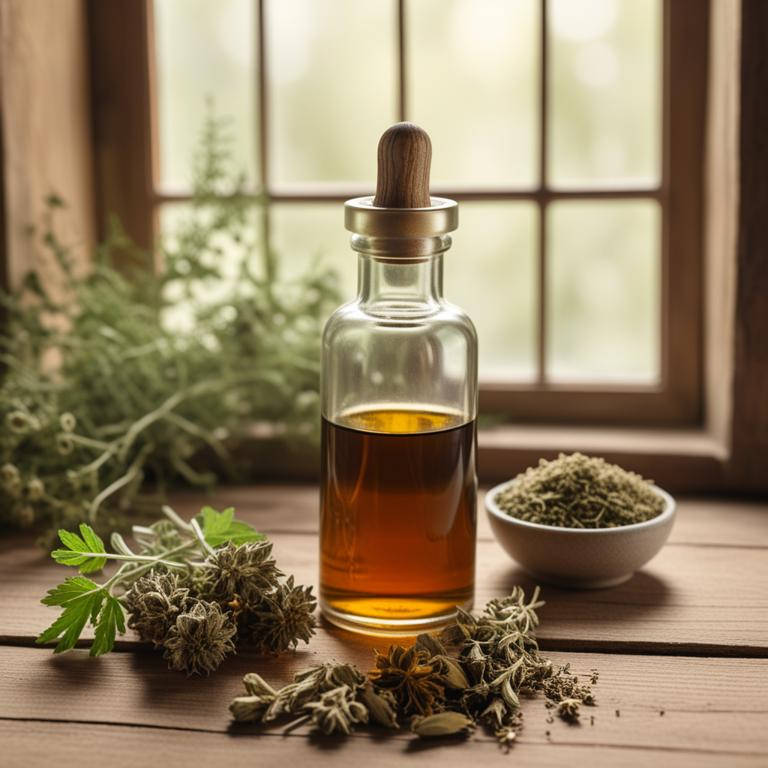
Jaundice is a condition where the skin and eyes turn yellow due to a buildup of bilirubin in the body.
Herbal preparations can help alleviate symptoms and reduce bilirubin levels. A tincture made from the herb milk thistle is effective in treating liver problems, including jaundice, by reducing inflammation and promoting liver cell regeneration. Decoctions, which are strong infusions made with roots and bark, can be prepared from the dandelion root to stimulate digestion and liver function. Dandelion root decoction also helps to remove toxins from the body, which can contribute to jaundice.
Infusions made from the leaves of the plant St. Mary's thistle can be used to treat liver and gallbladder problems, including jaundice. St. Mary's thistle infusion helps to reduce inflammation and promote the flow of bile, which can help to break down bilirubin in the body. Capsules filled with the herb turmeric contain curcumin, a compound that has anti-inflammatory properties and can help to reduce liver inflammation and promote liver health. A poultice made from the herb berberis can be applied to the skin to help reduce yellowing and promote skin health.
Berberis poultice helps to stimulate digestion and liver function, which can help to alleviate symptoms of jaundice.
Additional Resources:
What herbs should you steer clear of if you have jaundice?
If you have jaundice, it's best to be cautious with certain herbs.
Ruta graveolens, also known as rue, can cause liver damage and worsen jaundice. This is because it contains compounds that can harm liver cells and affect liver function. Ginkgo biloba, often taken for its memory-boosting properties, can also cause problems. It can increase liver enzymes, which can be a sign of liver damage, and may even interact with medications used to treat jaundice.
Cinchona officinalis, or Peruvian bark, contains quinine, a compound that can be toxic to the liver and worsen jaundice. Ammi visnaga, a plant used in traditional medicine, can cause liver damage and increase liver enzymes. Paeonia lactiflora, or Chinese peony, may also cause liver problems, particularly when taken in high doses. These herbs can put additional strain on your liver, which is already under stress due to jaundice.
It's essential to talk to your doctor or a qualified healthcare practitioner before using any herbal remedies if you have jaundice.
FAQ
Are there any specific herbs that can prevent jaundice?
Some herbs like milk thistle and dandelion root may help prevent jaundice.
They contain compounds that support liver health and aid in the removal of bilirubin, a pigment that causes jaundice.
These herbs have been traditionally used to promote liver function and may be beneficial for individuals at risk of developing jaundice.
Is it safe to use herbal remedies for jaundice during pregnancy?
Using herbal remedies for jaundice during pregnancy is not recommended.
Some herbs can affect the liver and cause more problems, while others may interact with medications or have unknown effects on the fetus.
It's best to talk to your body about what it needs, and listen to its natural instincts to keep you and your baby safe.
Are there any herbs that can reduce the frequency of jaundice?
Turmeric and dandelion root are sometimes used to help with jaundice.
They're believed to support liver health, which is important for breaking down bilirubin and removing it from the body.
Some people also use milk thistle, as it's thought to protect the liver from damage and aid in its recovery.
Related Articles
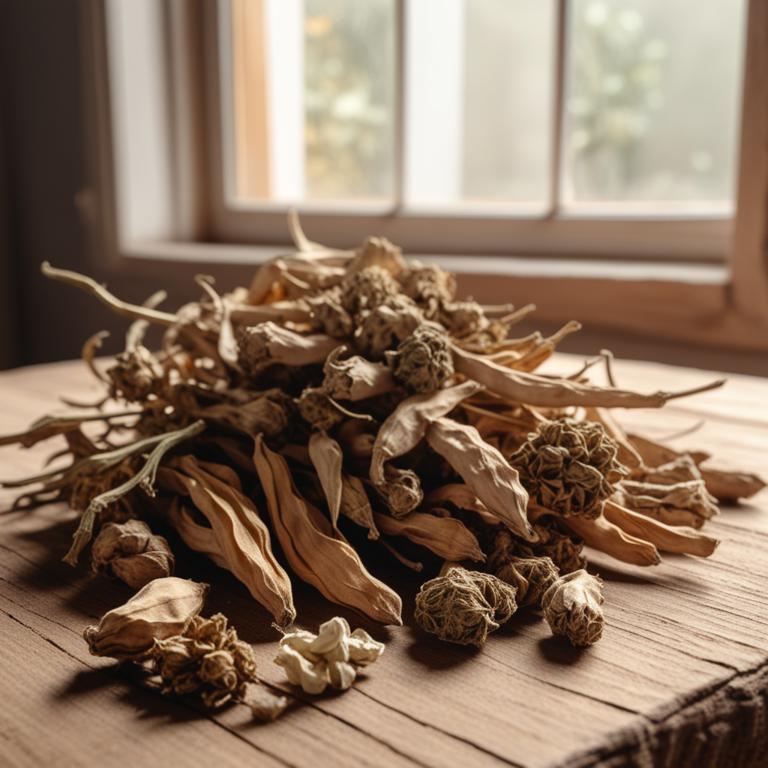
Gerd: Understanding the Causes and Benefits of Herbal Remedies
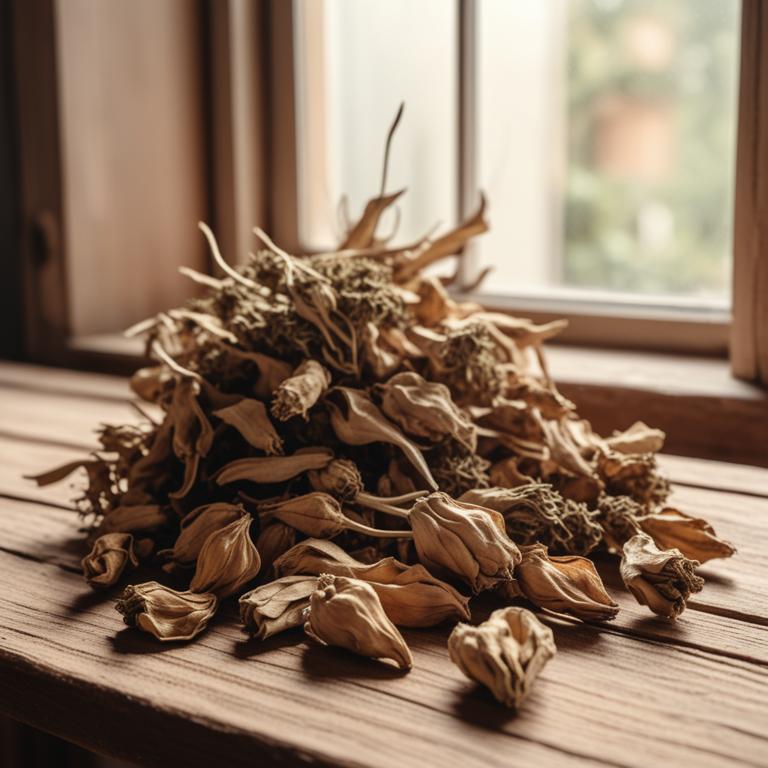
Irritable Bowel Syndrome: Understanding the Causes and Using Medicinal Herbs for Relief
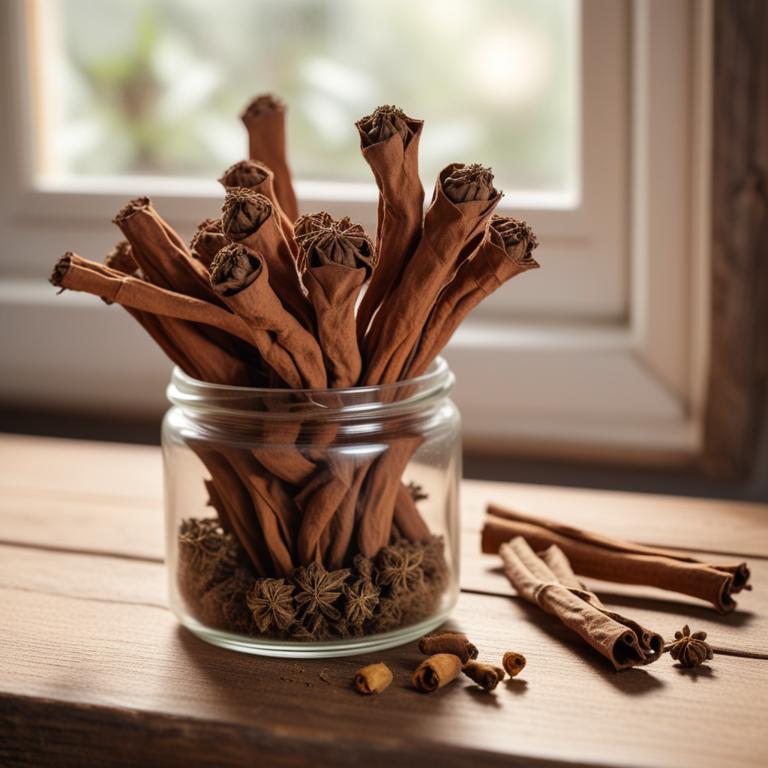
Inflammatory Bowel Disease: Exploring Causes, Medicinal Herbs, and Herbal Supplements
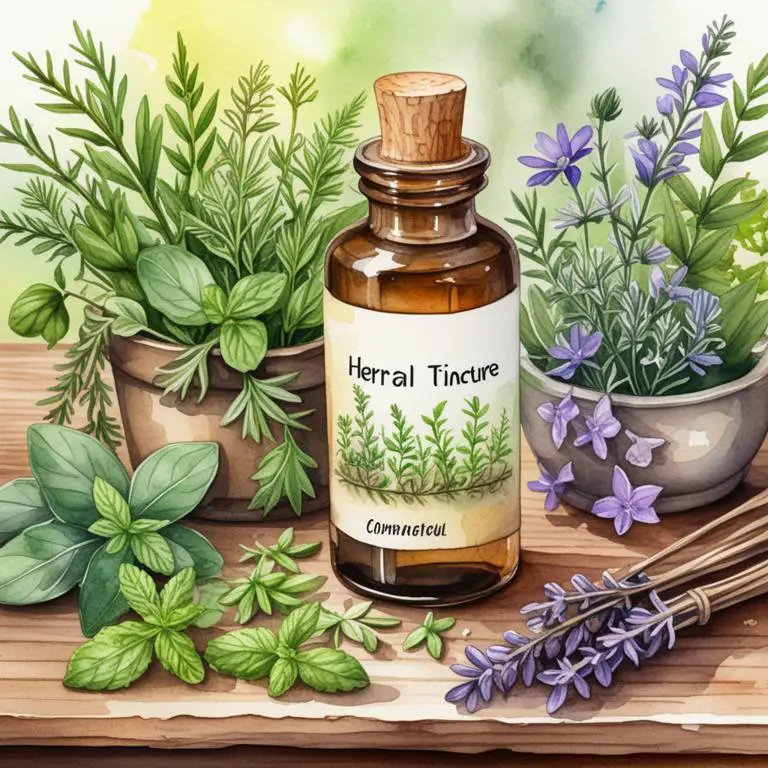
Unlocking the Secrets of Difficulty Eating: Medicinal Herbs and Herbal Preparations for a Balanced Diet
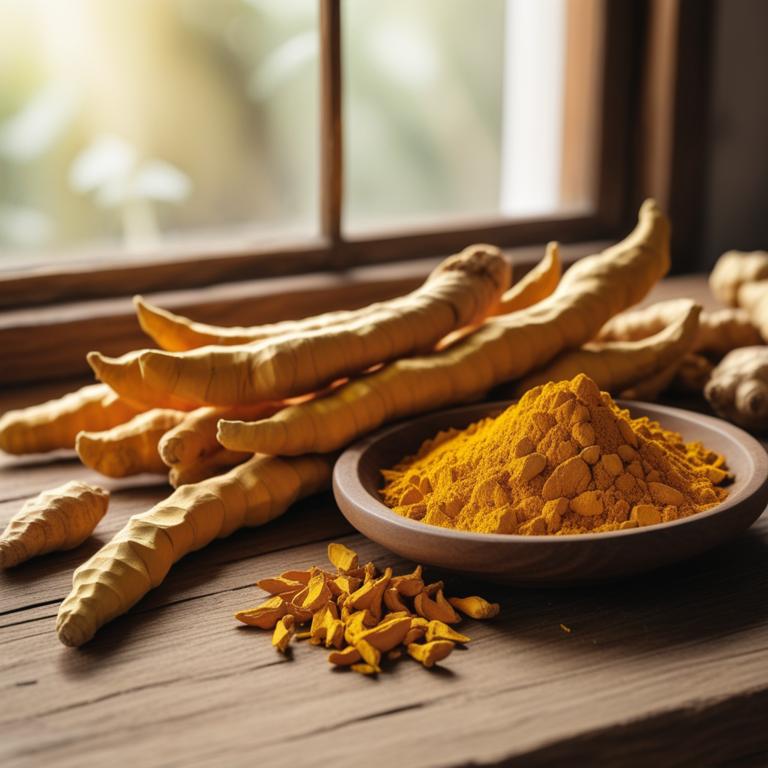
Understanding Gastritis: Causes and Natural Relief with Medicinal Herbs
